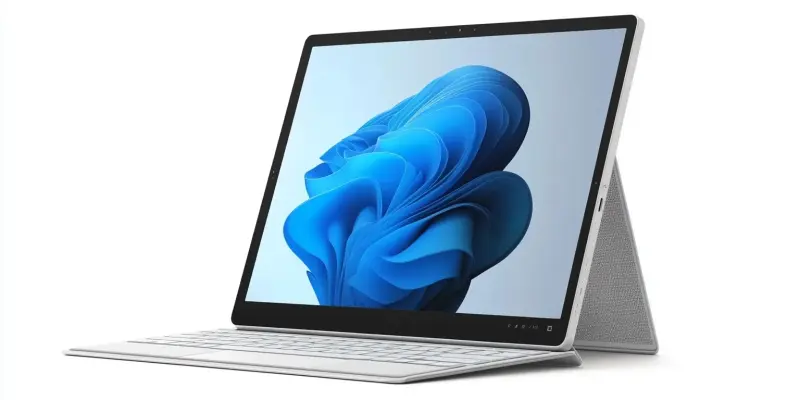Microsoft has recently introduced the Intel-powered versions of its Surface Laptop 7 and Surface Pro 11, which are specifically aimed at business users. These latest additions provide potential buyers with an option to choose between powerful Intel processors or Qualcomm processors, catering to different performance requirements. Boasting an array of impressive specifications, the Surface Laptop 7 now offers configurations that include Intel’s Core Ultra 7 268V processor paired with Intel Arc Graphics and options for up to 32GB of LPDDR5X memory and a 1TB SSD. Users can select between two touchscreen display sizes—13.8-inch and 15-inch—with both variants featuring Gorilla Glass 5 protection. The battery life is estimated at up to 12 hours for the smaller model, while the larger one can last up to 14 hours on a single charge.
Surface Pro 11 Specifications
Similarly, the Surface Pro 11, which targets professionals on the go, can be equipped with the same Core Ultra 7 268V processor and Intel Arc Graphics, giving it substantial processing power. This tablet-laptop hybrid is available with either 16GB or 32GB of memory and up to a 1TB SSD, offering ample storage and efficient multitasking capabilities. Buyers have the option to choose between a 13-inch LCD or OLED screen, balancing preferences for display quality and battery efficiency. The battery life for the Surface Pro 11 reaches up to 10 hours per charge. It’s noteworthy that although the Surface Pro 11 does not include a keyboard by default, it remains compatible with several Microsoft-branded keyboards, allowing users to customize their experience according to their productivity needs.
Price and Availability
One of the main differences between Intel and Qualcomm models is found in their processor capabilities, battery performance, and pricing structure. Intel-powered models come with advanced processing power and graphics, starting at $1,499.99. These models will be available from February 18 and include a one-year limited hardware warranty for added user assurance. On the other hand, Qualcomm-based variants provide a more budget-friendly option, starting at $1,099.99. Although the processors differ, other features such as port selection, display options, RAM, and storage remain consistent across both models.
In conclusion, Microsoft’s latest offerings showcase their dedication to innovation and versatility, ensuring that business users have access to high-performance devices tailored to specific professional needs. By offering models with different processor technologies, Microsoft displays an understanding of diverse user requirements and a commitment to delivering cutting-edge solutions. These new products reaffirm Microsoft’s status as a leader in business technology, catering effectively to varied professional needs.

